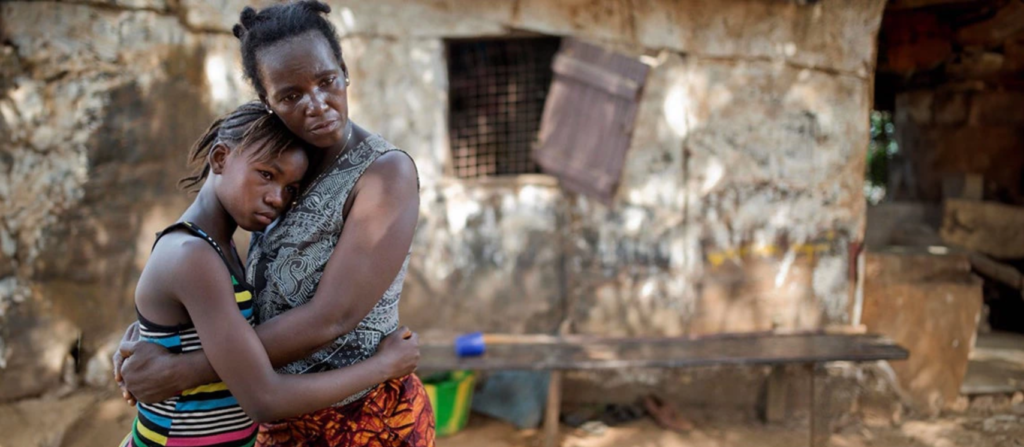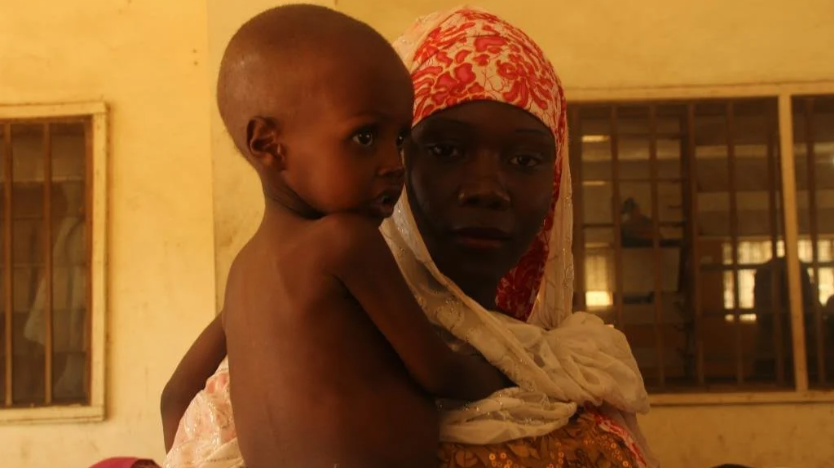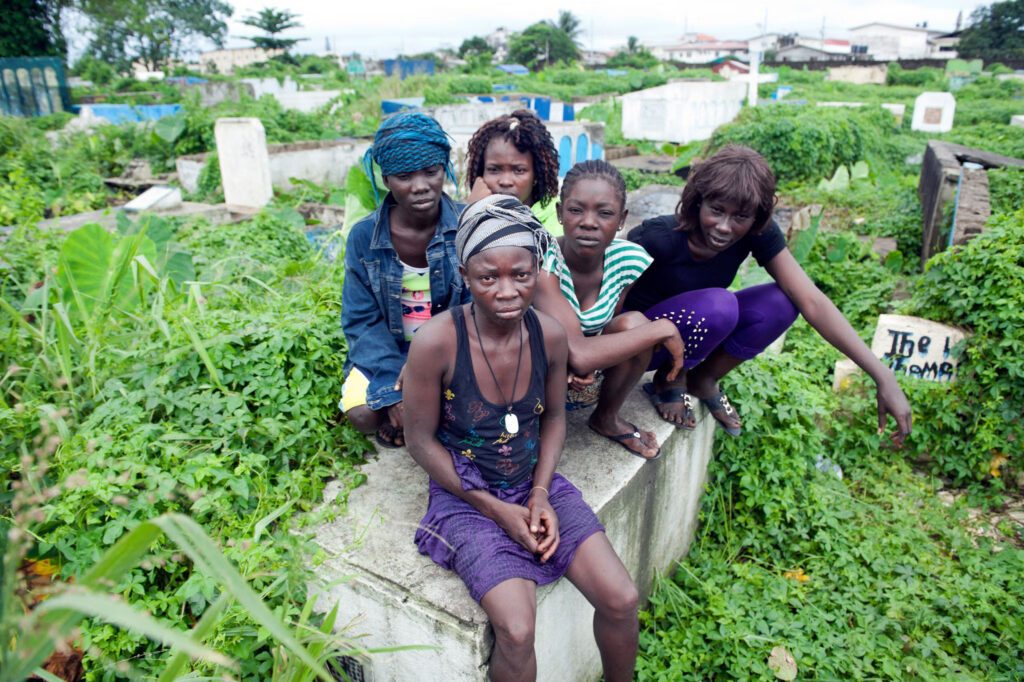Banditry in Nigeria has become a significant security challenge, particularly in the northwestern regions of the country. The phenomenon involves armed groups, often referred to as “bandits,” who engage in criminal activities such as kidnapping for ransom, cattle rustling, armed robbery, and attacks on villages. The situation has escalated over the past decade, contributing to a climate of insecurity and fear. The adverse effects of banditry are impacting multiple sectors, with agriculture being particularly affected. Many farmers are abandoning their farms out of fear of being attacked by bandits, leading to reduced food production. The reduced food supply is driving up prices, impacting the inflation rate at 33.4 per cent in July 2024 and further straining the economy. Banditry has not only caused the loss of lives and property but also displaced many citizens.
The Nigerian government has taken several steps to address banditry. Some state governments in the affected region have engaged in negotiations and peace talks with bandits. They have sometimes compensated bandit leaders and extended amnesty to those who renounce their operations. The federal government has also launched various military operations, such as Sharan Daji, Operation Harbin Kuanama, and Operation Thunder Strike, to counter bandits. According to Nextier’s Nigeria Volent Conflict Database, between June 2020 and August 2024, over 2,500 bandits have been killed due to formal and informal operations. To stifle bandits’ primary motivations for their operations, the government in 2020 decided to end ransom payments. In 2021, the Nigerian Senate considered passing an amended Terrorism Prevention Bill. The bill would have criminalised ransom payments and made it punishable by 15 years. The idea behind the bill was to discourage victim families from paying ransoms to bandits. However, these efforts to curb bandit activities have produced mixed outcomes, and Nigeria continues to grapple with the insecurity caused by banditry. Lives and properties are still being lost, and the threat remains persistent. Some experts have called for community mobilisation, mainly through community policing, as a strategy to combat banditry.
Community policing is one aspect of community mobilisation that focuses on collaborative and proactive partnerships between the police and the community. Community policing is not new to Nigeria. On April 27, 2004, former president Olusegun Obasanjo introduced community policing to a selected pilot division of the Nigerian Police Force (NPF). Since then, this has been the model the NPF has used. Yet community policing has not yielded encouraging results. Various studies noted that community policing in Nigeria has only been implemented in principle and not in practice. Several challenges hinder its effectiveness in Nigeria, contributing to its limited success.
A 2024 study revealed that while community members have a healthy relationship with the Nigeria Police Force, their collaboration concerning crime reduction has not been encouraging. One significant challenge is the Nigerian police force’s failure to adapt to changing technological trends. As crime continuously evolves, the inability to adjust to changing technological trends will only make fighting crime difficult. Additionally, adequate funding is crucial for an organisation to operate effectively. The police struggle with funding issues, which undermines the effectiveness of community policing and complicates its implementation. Insufficient funding may lead to inadequate salaries for police officers and a lack of essential training, impeding their ability to engage meaningfully with the community. Furthermore, a significant lack of trust in the police greatly impedes successful community policing efforts. In August 2024, bandits killed thirteen farmers whom they believed supplied information to security officers. Failure to protect people from brutal acts of bandits makes it difficult for the community to trust law enforcement officers and, in the same vein, makes community policing ineffective.
To effectively implement community policing, the government must address the issue of funding. Funding is essential for the day-to-day activities of law enforcement officers. Without adequate funding, the police force will be understaffed and ill-equipped to take on banditry and protect lives and properties. Proper funding means proper training that will help increase policing skills and management of crime and criminal activities. The Nigerian government must evaluate the federal budget and understand how to adequately fund the police, especially in areas where funding is required. Trust is an essential element of community policing. For community policing to work, then the police must build trust. This means taking crucial steps to protect informants who the police may rely on. The government must provide a framework that helps protect informants who provide vital information about bandits.
Other aspects of community mobilisation should be used alongside community policing to strengthen community policing. Community mobilisation strategies such as vigilante groups can help counter banditry. Various studies have shown that community efforts through vigilante groups help stem the tides of banditry. Another aspect of community mobilisation that can be used alongside community policing is empowering local authorities such as traditional rulers or chiefs. The government, civil societies, and international organisations can work with local authorities to raise awareness and create a support group that focuses on giving psychological support. Through the aid of traditional authorities, community members could be trained to use technological surveillance such as drones. Feedback and follow-up on implementation will also strengthen community policing because it allows community members to have a voice and give meaningful input on how to counter bandit activities. To get the best out of community policing, the government will need to provide the necessary funding and training to effectively collaborate with stakeholders and engage community leaders and members who are hit most by the activities of bandits. These efforts will contribute to building trust and enhancing the effective implementation of community mobilisation.



